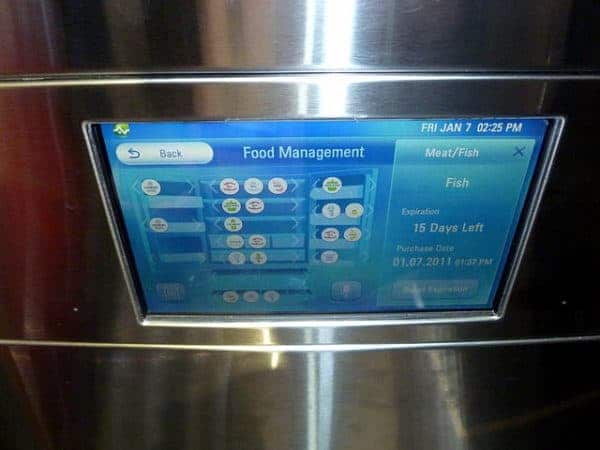
 An international survey on public interest in smart homes has found that over half (54 per cent) of survey respondents say they’d be willing to share personal data from their smart home appliances with companies in exchange for cash or coupons.
An international survey on public interest in smart homes has found that over half (54 per cent) of survey respondents say they’d be willing to share personal data from their smart home appliances with companies in exchange for cash or coupons.
The Internet of Things and the Smart Home survey conducted by technology company Intel polled 9,000 people from nine countries – Australia, Brazil, Canada, France, Germany, India, Mexico, the United Kingdom and the United States -and found that people are generally welcoming to the idea of smart technologies in their homes, with 75 per cent of respondents expecting to see personal benefits from living in a smart home and over half (57 per cent) expecting to see their utility bills for things like gas, electricity and heating to be lowered with the adoption of smart home technologies.
“Smart homes and their associated data have the potential to improve consumers’ everyday lives,” says Steve Grobman, chief technology officer for Intel Security. “The survey shows that many individuals would be comfortable sharing their data for a price, but they are still understandably concerned about cyberthreats. Security has to be foundational to the Internet of Things and when done right, it can be an enabler of IoT.”
And while generally not opposed to the idea of sharing information gathered by their fridges and toasters, a high number (92 per cent) of respondents nonetheless expressed worries about cybercriminals accessing their data.
Canadian responses to the survey fell right in the middle of the pack, with 55 per cent saying they were amenable to giving out their personal data if they were specifically paid to do so (compared to 60 per cent globally) and 81 per cent saying they would want a single sign-on platform to manage all of their home’s technologies (compared to 84 per cent globally).
According to a new report from the Atlantic Council the worldwide market for IoT products will reach $1.7 trillion (USD) by 2020 and comprise nearly 50 billion connected devices, with consumer interest currently ranging from energy-saving thermostats, connected lighting, smart kitchen appliances and wearable devices.
The report argues that although mainstream adoption of IoT devices is more or less inevitable in time, the speed of adoption will depend upon the affordability and usefulness of products as they roll out, pointing to the current embrace of wearable fitness devices as a prime example. “It seems the key to adoption is to design and create products that add significant value to a consumer’s life—and to do so cheaply,” says the report.
Larger ticket items currently on the market are producing less consumer interest, however. The report notes that while smart refrigerators (priced at around $3,000) have been on the market for quite some time now, only 1 per cent of US consumers have them and just 5 per cent plan on getting one. A survey of mobile device customers (a group one would imagine to be receptive to connected technology) found that only 18 per cent of them are interested in putting appliance monitoring apps on their mobile devices.
The Internet of Things and the Smart Home survey was conducted by independent market research provider Vanson Bourne.
Comment
Leave a Reply
You must be logged in to post a comment.



 Share
Share Tweet
Tweet Share
Share




La communauté d’entraide entre blogueuses n’arrête pas d’en parler http://blogueuse-entrepreneuse.info/
This is the same group of people who would except an anus camera under the guise of health monitoring too. Me I’m moving to the bush.
The government is illegally stealing it anyway, might as well sell it and make a profit…